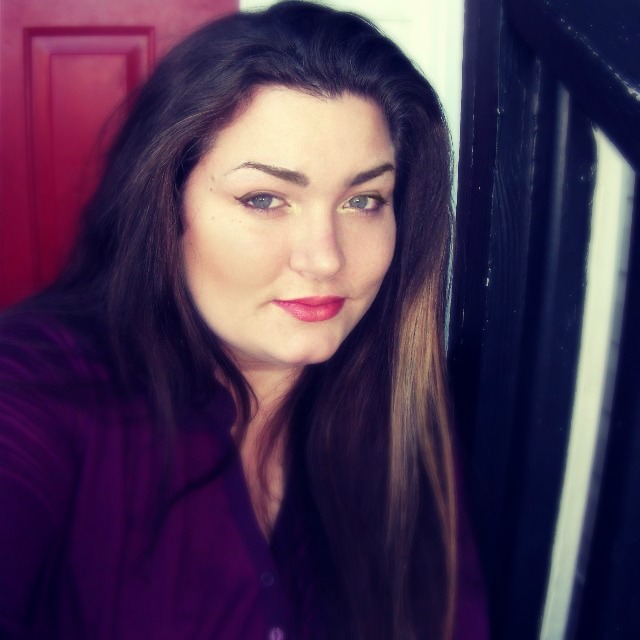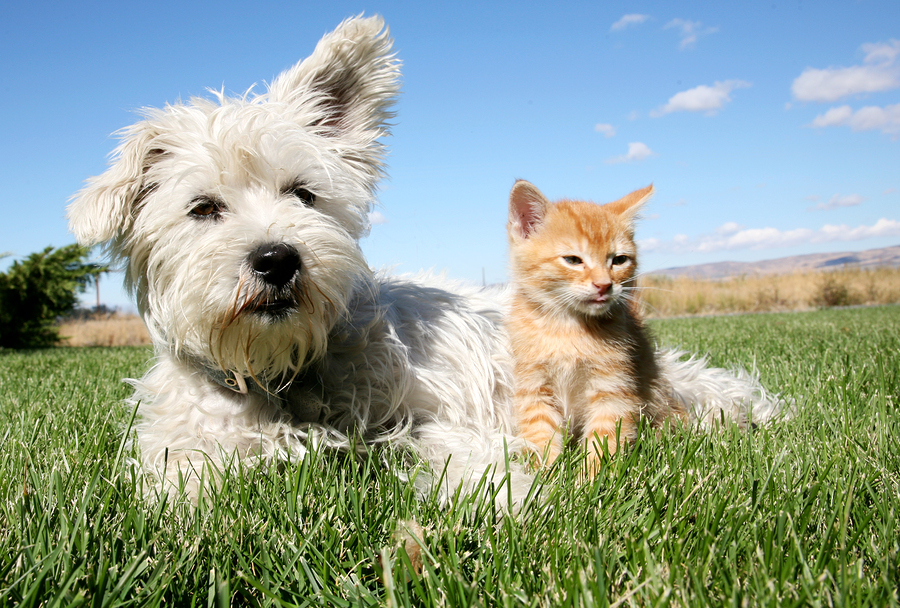
I’ll be the first to admit it: My clinic’s growing pains are beginning to give me compassion fatigue.
The overbooking of appointments, the masses of overtime, the constant ring of the phone, the arguing with clients over protocols on prescription med refills and the necessity of heartworm testing and year-round prevention, the absence of my favorite stress-relieving coworkers and the pressure from our new high-maintenance associate veterinarian; it’s all beginning to come to a head.

Every night I lay my head down, I dread waking up the next morning to do it all again, wondering why I do my job at all when I only feel unappreciated and unsuccessful.
I came into work on a Friday, eyes puffy and energy low, fearing the day was going to go like the rest had that week.It started out on a sad note instead; the first thing we had scheduled that morning was a euthanasia for a long-term patient. This particular patient – a senior male Sheltie with a nasal tumor – had been a favorite of mine since I received the phone call about his initial symptoms in 2016, but I understood that it was his time to go.
This tough little guy has held on with this tumor for almost 2 years. His owners, some of the best pet parents I know, have given him the world during that time. He’d been to referral and saw an oncologist who gave him the care that had given him that long and had, up until recently, enjoyed an amazing quality of life.
His mom knows who I am and is aware that he’s the apple of my eye. When I open the exam room and call his name, I see him in her arms – face contorted, struggling to breathe around the pressure in his nasal cavity. She’s already in tears in the lobby and, despite having done this for 6 years, the sight of him steals my breath away and immediately makes me cry. It’s so much worse than the last time I’d seen him.
I guide her into our exam room where I try to talk her through her paperwork and the procedure. Despite the tears rolling down my face, I manage to keep my voice a passive, calm and collected tone. ‘Professionalism,’ I want to scream at myself, ‘Where is yours?’ It’s a feat that I’m not incoherently blubbering at this point, but I’d prefer to be dry-eyed so that I could offer the stoic comfort that most clients have come to expect for these procedures.
I’ve only cried over under a handful of euthanasias in my time, but never so openly in front of the client. I’m flooded with guilt; this is her moment to grieve, not mine, but she reaches out and touches my arm to get my attention since I’m focusing very hard on not looking at her or her dog to maintain composure.
“I know you love him, too,” she tells me, making my chin tremble as I struggle to keep myself from crying harder. “I’m so glad it’s you with him, here at the end.”
I don’t know her personal life, nor does she know mine, but in that moment all the effort I’ve put into my career has made it worth it just to be there and hear those words.
“I do love him,” I say with raw sincerity. “He’s such a good dog, and you’ve done everything that you can for him. I’m glad to be here for you both.”
We talk about how our relationship was forged in that phone call. She’d been panicked, never having seen that much blood, and I’d known what it may have meant for him the moment she told me it was coming from his nose. I’d calmed her down and worked him in immediately that day. She told me she’d always been thankful, and I – the person who doesn’t do a whole lot of casual physical contact – suddenly wished with all my heart that it wouldn’t have been so awkward to hug her while her arms were around her dog.
I leave the room, blow my nose and blot my eyes, then come back in. I take him to the back where I place his IV catheter with trembling hands. It’s so important for me to get it right the first time to spare him any more discomfort, and I’m beyond grateful to the forces that be when I do. I curse myself when the tape gets stuck to my shaking fingers and I have to struggle with that all while more scalding tears begin to track down my face.
Death isn’t fair, I have to remind myself as I screw in the IV port; this dog has lived longer and better than so many others. I kiss his misshapen face many times in the privacy of the treatment room before I take him back to his mom.
When the time comes, she makes sure to reiterate her feelings about me in front of the veterinarian, who is the owner of the practice. “You’ve been such a doll, Alie,” she says. “I can’t thank you enough.”
My heart does little flops as I smile weakly through, yet again, another round of tears, now more ashamed because they fall in front of the quiet strength of a man whom I admire. She’s such a kind person to think of me at a time like this and her dog is such a good dog and I wish I had the power to help them both, but I don’t, so I can only sit there and share her grief as he leaves this world.
I’ve felt so disconnected from my clients lately due to stress that the weight of what occurred between us has woken me from my stupor. The fact that my being there for them both was some form of comfort is something I will always treasure.
I wasn’t simply in the background, but an integral part of an important moment. it’s the much-needed reminder that I mean something to my clients and patients and that things would not be the same without me.
Knowing that what I do matters is enough to keep being there to make a difference.
The views and opinions expressed in this article are those of the author and do not necessarily reflect the position of the DrAndyRoark.com editorial team.
 ABOUT THE AUTHOR
ABOUT THE AUTHOR
Alie Bräunung has been a veterinary assistant since 2011 and has worked in small animal general practice, specialty, and rescue in that time. Her interests lie in becoming a licensed veterinary technician and specializing in animal behavior sciences. Her hobbies include spending time with her Siberian Husky Mïka, horseback riding, and playing pool.